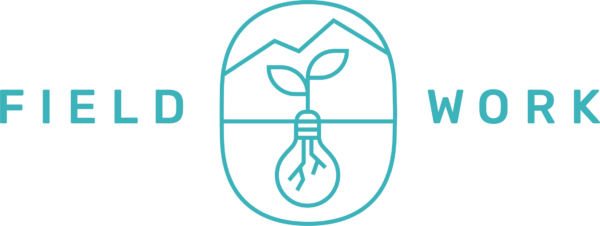LOR’s 2025 Field Work initiative invests $500,000 in research exploring innovative approaches to improving mental health in rural communities.
About 20 percent of people in rural America live with mental illness. This is a difficult issue nationally, and rural America is particularly challenged by a lack of access to mental health resources and specialty care. When these rural communities look for help, local people often provide it. In recent years, more than 100 locals in communities where LOR works have designed and led creative ways to address this issue. For example, in southwest Colorado, one Montezuma County woman launched a mental health forum for the ranching community to combat suicide. In Montana, a youth group brought mental health and substance use awareness training to a community traumatized by recent teen suicide attempts. And in Wyoming, a performing arts group tapped into the power of community theater to help locals address trauma and grief exacerbated by the COVID-19 pandemic.
We know more ideas that address this persistent challenge are out there. So this spring LOR invited people with creative ideas about how to improve mental health and social well-being in rural places to apply for between $1,000 and $25,000 in funding through our 2025 Field Work initiative. Field Work is LOR’s search for innovative answers to persistent problems that plague rural communities. Our goal with each Field Work research initiative is to get money quickly into the hands of the people on the ground—in communities where LOR works or in other rural parts of the region—who have innovative ideas. Our hope is that ultimately, these ideas can be shared and replicated in other rural places.
More than 200 people and organizations applied for funding—a reflection of just how significant this issue is for rural communities—and LOR invested about $500,000 in 25 projects spread across the region. Learn more about each project below, and if you would like to stay in touch about Field Work, please email connect@lorfoundation.org with Field Work in the subject line.
